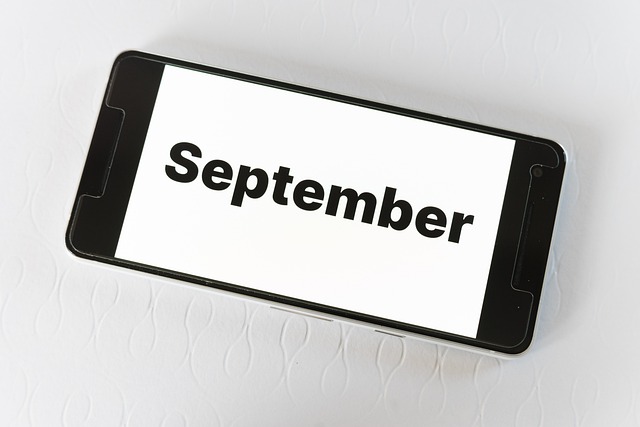Creating Financial Discipline
The Power of Personal Discipline and Habits
Personal discipline and habits are the foundation upon which we build our lives.
They shape our daily routines, influence our relationships, and ultimately determine our financial success. In this 5-week series, we will explore the importance of personal discipline and habits in achieving financial goals and personal growth.
Let’s take a step back and establish simple meanings.
What are your financial habits?
Do you have financial discipline (discipline related to your finances)?
Identifying Areas for Improvement
As we begin this journey, take some time to reflect on your current habits and discipline. Identify areas where you feel you lack discipline and need improvement. This could be in your financial habits, such as budgeting and saving, or in other areas of your life, such as exercise or time management.
Financial Habits
When it comes to financial habits, consider the following areas:
- Budgeting: Are you consistently creating and sticking to a budget? Are there areas where you feel you need to cut back or allocate more funds?
- Saving: Are you setting aside a portion of your income for savings and investments? Are there specific goals you want to save for, such as a down payment on a house or a retirement fund?
- Debt Management: Are you struggling with debt? Are there specific debts you want to pay off or manage more effectively?
Other Areas of Life
In addition to financial habits, consider the following areas where you may need improvement:
- Exercise: Are you consistently exercising and taking care of your physical health? Are there specific goals you want to achieve, such as losing weight or increasing endurance?
- Time Management: Are you effectively managing your time and prioritizing tasks? Are there specific areas where you feel you need to improve, such as reducing procrastination or increasing productivity?
- Relationships: Are you nurturing and maintaining healthy relationships with family and friends? Are there specific areas where you feel you need to improve, such as communication or conflict resolution?
Reflecting on Your Current Habits
Take some time to reflect on your current habits and discipline. Ask yourself:
- What are my strengths and weaknesses when it comes to discipline and habits?
- Are there specific areas where I feel I need improvement?
- What are my goals and aspirations for the next few months or year?
- What small, consistent actions can I take to move closer to my goals?
Identifying Your Triggers and Cues
Once you’ve identified areas for improvement, take some time to reflect on your triggers and cues.
- What triggers your lack of discipline or poor habits?
- Are there specific situations, emotions, or people that influence your behavior?
Creating a Plan for Improvement
With your areas for improvement and triggers and cues identified, create a plan for improvement.
- Break down your goals into smaller, manageable steps.
- Identify specific actions you can take each day or week to move closer to your goals.
- Identify the actions that will lead you closer to creating financial discipline and habits.
Conclusion
Personal discipline and habits are the foundation upon which we build our lives and create financial discipline. By understanding the science of habit formation and the importance of small, daily actions, we can develop the discipline and habits necessary to achieve our financial goals and personal growth.
Identifying areas for improvement is a crucial step in developing personal discipline and habits. By taking the time to reflect on your current financial habits and discipline, you can identify areas where you need improvement and create a plan to move closer to your goals. Remember, small, consistent actions can lead to significant results over time.
Action Steps for the Week
- Identify one area in your life where you feel you lack discipline and need improvement.
- Write down three small, daily actions you can take to improve in that area.
- Commit to taking those actions for the next week.
- Identify your money personality







